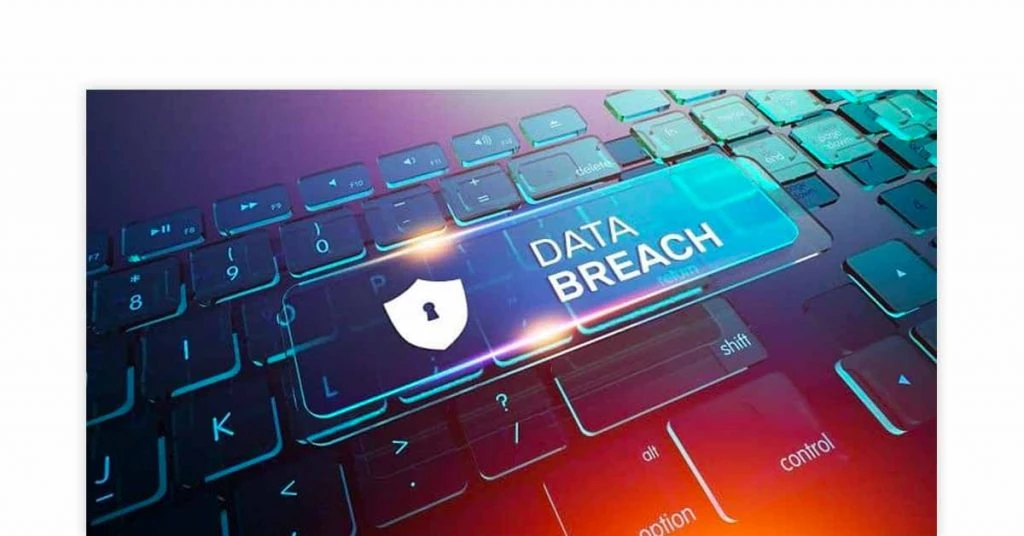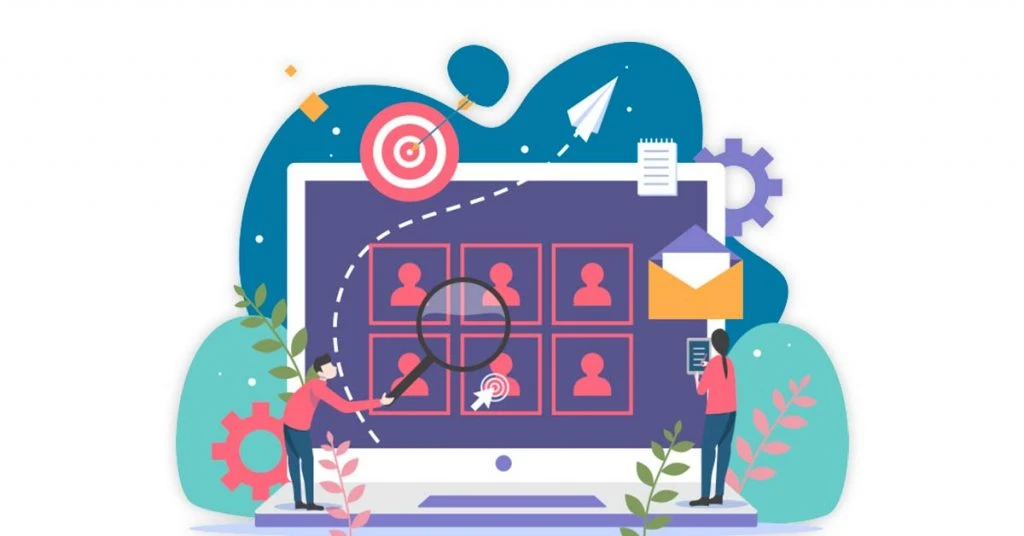Cybersecurity breaches could be deliberate or accidental. Whatever be the scenario, cybersecurity threats compromise the security of a company’s resources.
Stealing General Electric’s intellectual property by hackers would be a good example, to begin with. The company had to fight for years in court to bring the culprits to trial. Also, the company lost many tenders during the court trials.
Gaining unauthorized access to the company’s resources and its employee and applicant data isn’t that difficult? Really?
CISCO’s debacle is a testimony to the fact. Data breach using a malicious code destroyed the company’s cloud infrastructure.
Here are some global statistics regarding cases of data theft and compromise:
- A 2019 report by Statista highlighted that cyberattacks are one of the top five threats to global security.
- According to a Forbes study, the first half of 2019 saw a loss of over four billion employee data records.
- As per an IBM report, around seventy-five percent of IT employees agree that there is no response or action plan to handle employee data breach cases.
Companies spend millions to ensure the safety of their data. Undoing the damage caused due to data breaches further requires heavy spending. CISCO had to spend over a million repairing the damage to their system and another one million as compensation to those whose data got compromised in the process.
Why is Employee Data Protection Critical for Any Business?

The cyber landscape is full of threats from hackers and cybercriminals. With cybersecurity incidences on the rise, taking adequate measures to keep your employee and customer data secure is quite important.
Employee data vulnerability doesn’t just result in the loss of revenue but also makes a dent in a brand’s reputation. Further, the data of your employees and applicants helps in creating a talent pool. Sharing this data with unauthorized parties is like sharing your company’s valuable assets.
Employees are a valuable contributor to any organization’s growth, and putting their information at risk will have a long-term impact.
Best Strategies for Protecting your Candidate’s and Employee’s Data
Establishing efficient data privacy controls helps with significantly reducing the possibility of data losses and stealing. Some of the best strategies to keep your employee data secure are:

- Having a Formal Data Security Policy
To avoid data compromises, create formal policies highlighting how the company would initiate strict disciplinary action in the data leak. Also, define clearly how the company will use the applicant and employee data so collected to ensure transparency.
- Maintain A Secure Electronic Record
You need to regularly monitor online employees for their security and keep the system updated to avoid new kinds of online threats. You can also assign limited user access to online employee data besides setting the encryption and password protection feature.
- Properly Dispose of The Records
Disposing of, shredding, or burning of applicant or employee records needs to be done properly. You can take help from such third-party vendors that operate in compliance with government regulations.
- Train Employees to Avoid Phishing Attacks
Train your employees to detect phishing emails and not share their critical data with any third party. HRMS software helps create an employee self-service portal, which helps employees maintain their database securely.
- Stay Updated About Data Security Measures
Subscription to relevant newsletters and journals will help your HR team stay up to date. This will help in preventing any legal implications or incidences of data compromise.
How Does HRMS Software Help Secure Applicant & Employee Data
The HR department has a high volume of applicant and employee data, and thus, it is this department that is more prone to online attacks. HRMS software offers advanced security features for employee data protection purposes.

An HRMS solution is the right answer against digital threats of all kinds to your employee data. HRMS software ensures complete employee data security with the following features:
- Port-based access
Restrictions that are port-based make it possible for only the assigned ports to access the application. Secure HTTPS protocol can identify vulnerabilities and all threats easily traced much before any employee data gets attacked.
- Encryption of user credentials
User credentials of applicants and employees can be encrypted using HRMS software. Along with GDPRS compliance, there is SSL certification and algorithmic AES encryption. This sort of regulation creates a high-level advanced security system for the entire database.
- IP restrictions
IP restrictions with their employee access modules help in restricting all remote login processes. Any data collection would thus require compliance with password policies.

Going by the latest trends, the most popular HRMS software solutions have introduced a unique feature: auto-provisioning. This module assigns access to data based on employee and services type. The entire system is based on a well-defined user role. Auto-provisioning in HRMS software also supports:
- De-provisioning access rights at the time of offboarding
- Assigning rights at the time of onboarding
- Reconfiguring or changing the access rights
HRMS software can play a significant role in protecting employee data and tracking upcoming online threats to applicant records.
Somya is one of the most experienced technical writers in the team who seems to be comfortable with all types of business technologies. She is a sensitive writer who ensures that businesses are able to find the right technologies through her writings. She would leave no stones unturned... Read more






























